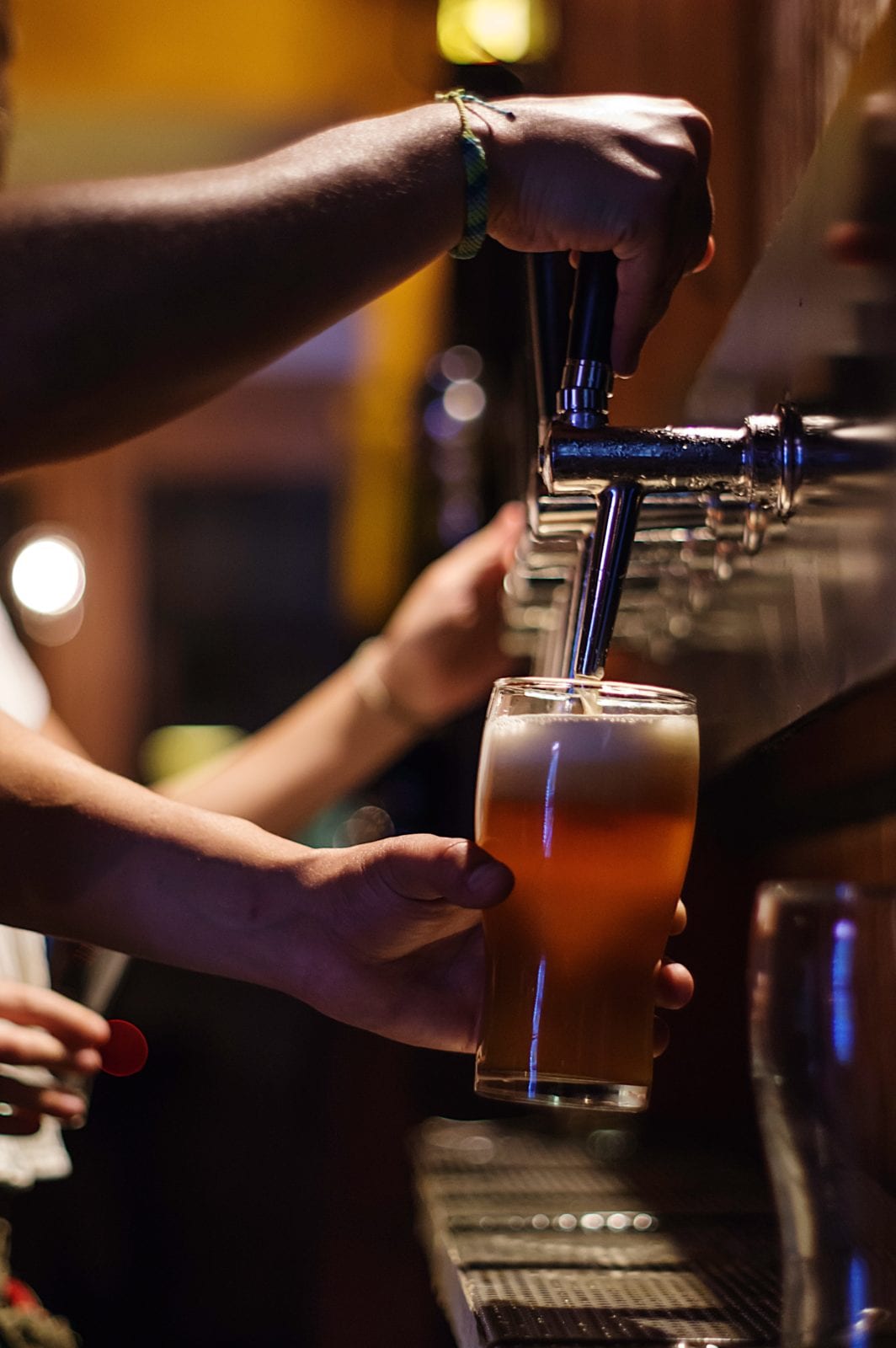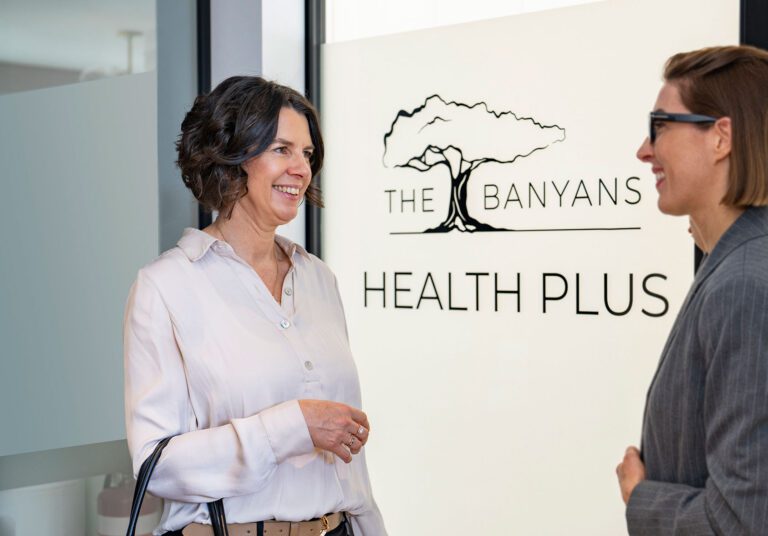
Recent global research has suggested Australia’s Healthy Alcohol Guidelines may be underestimating the harms of alcohol, and has prompted a review of the 2009 suggestions regarding healthy levels of regular intake.
Recent global research has suggested Australia’s Healthy Alcohol Guidelines may be underestimating the harms of alcohol, and has prompted a review of the 2009 suggestions regarding healthy levels of regular intake.
In Australia, a standard drink is defined as containing approximately 10g of alcohol (12.5mL of pure alcohol)[i]. The amount of alcohol contained varies between beverages, but is typically 30mL of a spirit, one can of mid-strength beer or 100mL of wine (13.5% alcohol)[ii].
The current alcohol guidelines suggest that for healthy men and women, no more than two standard drinks on any day will reduce the risk of harm from alcohol related disease or injury. However, statistics from the Australian Institute of Health and Welfare show that one in five Australians over the age of 14 are already exceeding this recommendation on a daily basis.
The study was published in scientific publication The Lancet, and spanned nearly 50 years of research. The study included almost 600 000 participants from 19 countries.
Results showed that “drinking alcohol regularly reduced life expectancy at age 40 by between six months and five years”[iii], depending on the amount regularly consumed.
Results recommend that healthy intake should be below 100g of alcohol per week – meaning Australian’s could have up to ten standard drinks in a seven day period to be deemed within a healthy range. This is less than the current recommendation of fourteen standard drinks per week (140g of alcohol).
Your body does not have the infinite resources to process large amounts of alcohol. As such, excessive amounts of the substance can cause acute damage, and regular intake above the recommended levels has shown to contribute to the development of chronic illnesses such as dementia, liver, gut and heart diseases, increased blood pressure and some forms of cancer[iv].
Regular intake above the recommended levels has shown to contribute to the development of chronic illnesses such as dementia, liver, gut and heart diseases, increased blood pressure and some forms of cancer.
Researchers highlighted the fact that the consequences of consumption above the recommended amount (100g or 10 Australian standard drinks) are exacerbated as the amount of alcohol increases. They estimated that:
Drinking between nine and 20 standard drinks a week can increase a person’s likelihood of death by five per cent, compared to those who drank below the recommended amount. This is the equivalent of 900mL to 2L of wine (13.5% alcohol), or between seven and 14 cans of beer.
This statistic increases to 20 per cent for those who drink up to 29 standard drinks in a week, the equivalent of 3L of wine (13.5% alcohol) or 21 cans of beer.
The increased chance of death is as high as 50 per cent for those consuming more than 49 standard drinks in a week, the equivalent of almost 5L of wine (13.5% alcohol) or 35 cans of beer.
Ruth Limkin, CEO of The Banyans Health and Wellness, explains that studies like this can be quite confronting for some people. “I think this research is a good reminder that we often underestimate the destruction that alcohol can cause to an individual’s health and wellbeing.”
“We know that reducing consumption to a more moderate level provides long term health benefits, regardless of whether you consider yourself to have a dependency or addiction or not,” she explains. “As such, we would always encourage people to be intentional around their relationship with alcohol.”
Ask yourself the following questions:
- Do you ever feel guilty or ashamed about your drinking?
- Do you ever hide your drinking or lie about how much you drink?
- Have you ever had a friend or family member express concern about how much you are drinking?
- Do you feel that it is impossible to relax without drinking alcohol?
- Do you have memory lapses or black out making it difficult to work out what you did while drinking?
- Do you ever have a drink and end up drinking more than you intended?
If you answered yes to two or more of the questions above, you may be experiencing alcohol misuse or dependency. If you think you might be at risk of alcohol misuse, please talk to a trusted friend and a health professional.
The Banyans Health and Wellness is one place you can reach out to in order to seek help for alcohol misuse or dependency recovery. Our health and wellness residence provides a comprehensive, individualized program to assist and equip individuals in their journey towards improved health and wellness. For more information and a non-obligatory discussion regarding our residential programs, please do not hesitate to call us on 1300 BANYAN (1300 226 926), email us at [email protected] or submit an online enquiry here.
[i] The Australian Guidelines to Reduce the Health Risks of Alcohol 2009. Australian Government: Natural Health and Medical Research Council (NHMRC).
[ii] Pash, C. (2018). Science has decided that the Australian Guide of two alcoholic drinks a day is too much. Business Insider Australia. Retrieved 17 April 2018, from https://www.businessinsider.com.au/science-study-alcohol-drinking-how-many-drinks-2018-4/
[iii] As above.
[iv] Mannix, L. (2018). How much booze can you drink before it starts killing you? Not much. The Sydney Morning Herald. Retrieved 17 April 2018, from https://www.smh.com.au/national/how-much-booze-can-you-drink-before-it-starts-killing-you-not-much-20180412-p4z9a9.html.












